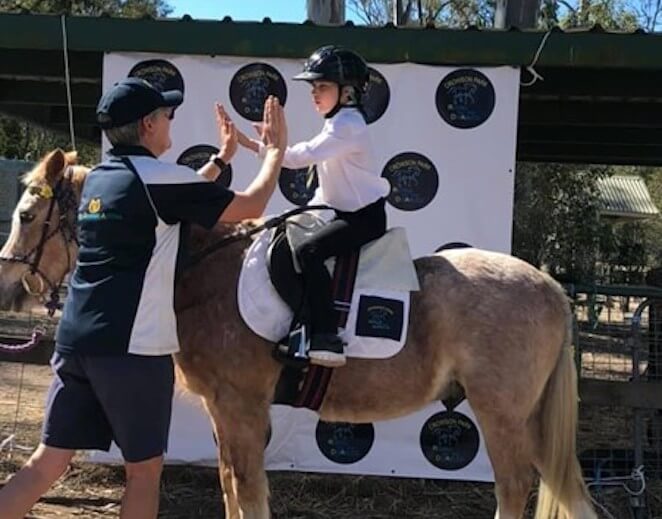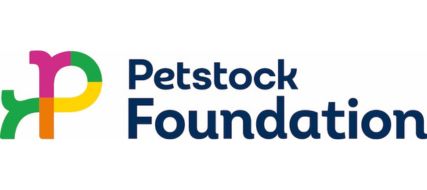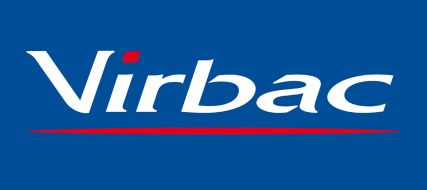PARTNER WITH US
Partner With Us
Our programs make a huge difference to the lives of children and adults living with intellectual, physical, sensory and learning disabilities.
To find out how you can partner with us and help make a difference, contact us today!
contact the RDA National Office on admin@rda.org.au

BECOME A COACH
If you are interested in becoming an accredited RDA Coach please contact your local Centre or State Coaching Coordinator. Additional information is available from RDAA.
Conduct a Research Project
Applying to conduct a Research Project with RDA
Issues around research and people with disabilities, combined with the risks of working in an environment often involving both children and horses are complex. This information is provided to assist school students, secondary and tertiary students, lecturers and researchers for preparing and submitting research ideas to RDA for approval. It is important that the conduct of research considers the practical requirements of RDA programs such as the importance of the methodology being complimentary to the RDA program and not interrupting lesson time. Other issues such as obtaining formal informed consent for permission to participate must always be addressed before commencement, and other consent and “opting-out” protocols followed. The use of photography and video of any riders and other RDA participants (including volunteers and coaches) also requires formal informed consent due to legislated privacy requirements.
To ensure that RDA research is conducted in an appropriate and ethical manner the following documentation is required to be submitted for approval before any research commences.
Developing a Research Proposal
Submission of a written research proposal is required. You should include a brief summary of the research background, the questions to be answered, methodology (how you will conduct the research) and the expected outcomes. This should be a maximum of 300 words long and be submitted to RDA for approval.


